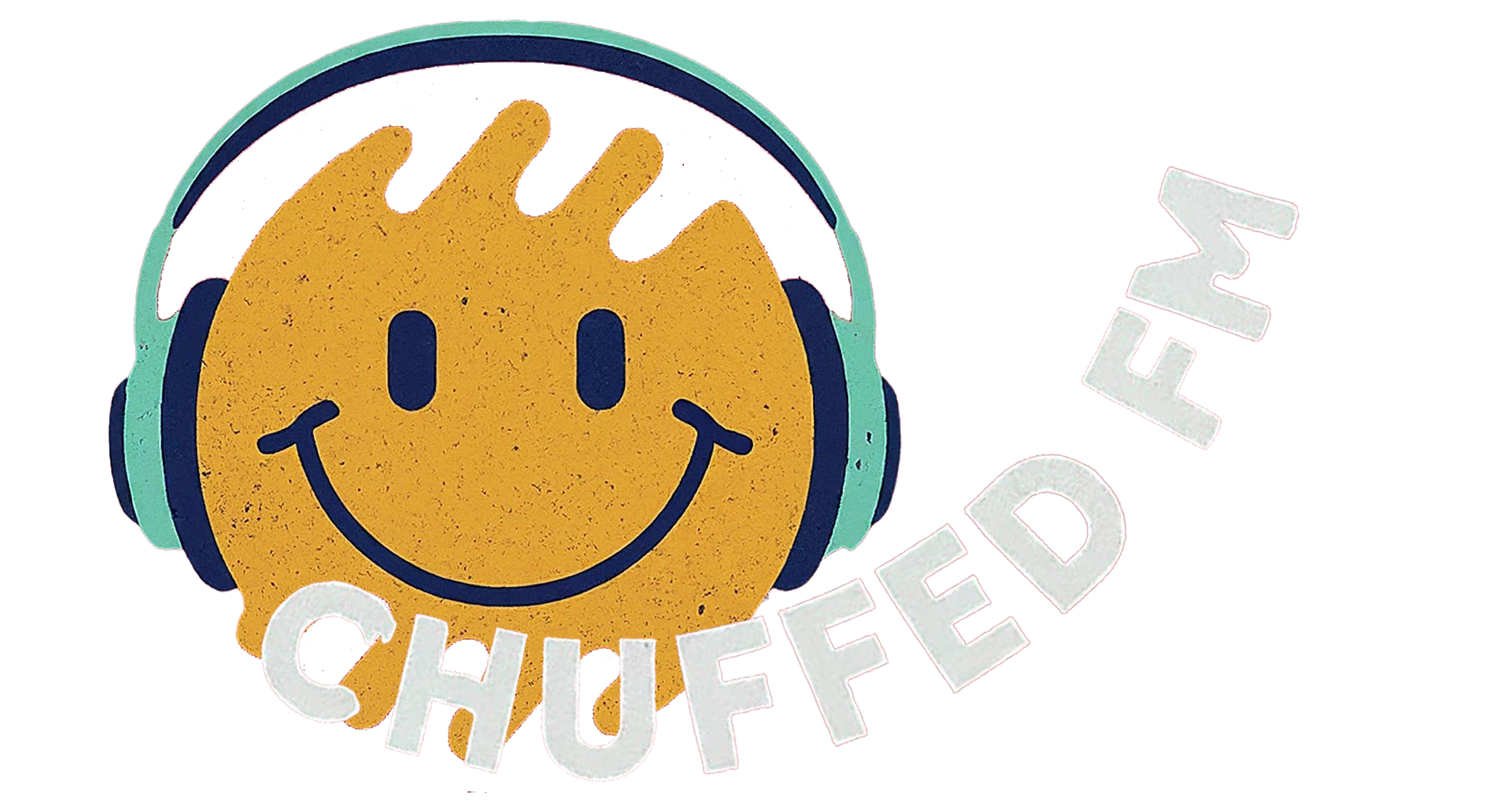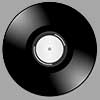Image:Image: Shutterstock – Lordn
A National Survey into Media Literacy has found that over half of Australian adult struggle to identify misinformation online.
The survey found that most adults lack confidence in verifying websites, determining the legitimacy of online information and performing other more medial digital tasks like operating social platforms.
These are all elements of Digital literacy; our ability to navigate the digital world. Lead Researcher at The Australian Digital Inclusion Index, Professor Julian Thomas says the problem however goes much deeper than just our digital literacy, but our inclusion in the digital world. Internet affordability, basic literacy and access to reliable internet connection all affect the way we interact with digital media.
But is the ability to spot fake news a problem for the individual? Senior Lecturer in Media and Communications at RMIT University, Dr James Meese, says the responsibility should be on governments and platforms to filter fake news out of our feeds.
The way we teach digital skills could be part of the solution. However Research Fellow at Deakin University, Dr Luci Pangrazio says that we need to improve critical thinking education as a basis first.
So with our adult population lacking the skills to determine real news from fake, how can we improve our digital literacy?
Produced By: Sophie Ellis
Featured In Story: Research Fellow at Deakin University, Dr Luci Pangrazio, Senior Lecturer in Media and Communications at RMIT University, Dr James Meese, and Director, ARC Centre of Excellence, Professor James Thomas
First aired on The Wire, Tuesday 27 April 2021


